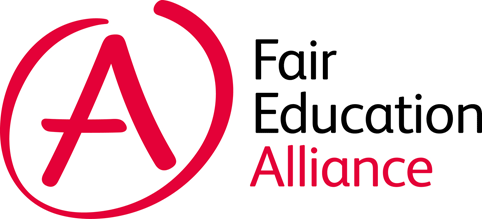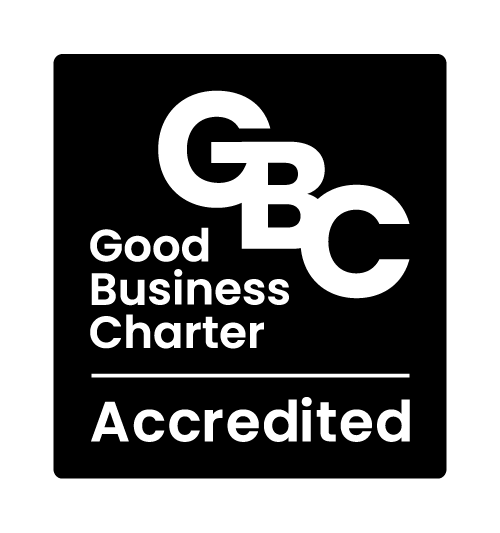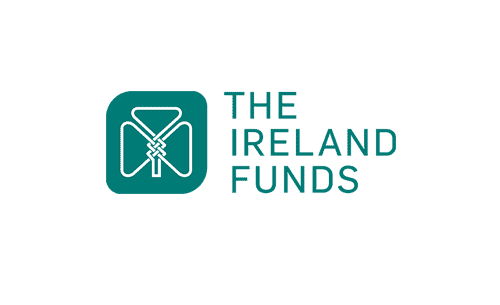Our team

Bill Rammell
CEO
I’ve surprised myself when I think back over my education and career, about the extent to which this new role as CEO of Parallel Histories is the culmination of a lifetime’s work and interest.
As someone who grew up in a council house and was the first in my family to go to university, I was very much the beneficiary of the postwar push by successive governments to make university education available to the working classes. All governments saw university education as a primary route to improving social mobility and eradicating social injustice. That explains why when I finished with politics, I went straight into higher education where I spent many years running universities in the UK and abroad. Having experienced myself the benefits of attending university, I wanted everybody else who would benefit to have that same opportunity.
At the heart of any world-class academic institution is a culture and commitment to free thought, free speech, and a vigorous curiosity to find out why other people disagree with one’s own cherished opinions. As I leave the university sector, it is with a nagging worry that today’s students arrive at university less curious about ‘the other’ than they were in the past. In short, I think there’s less listening and engaging with views you don’t agree with done than there used to be. Hopefully you will see my connection with the mission of Parallel Histories.
But before entering academia I spent 13 years as an MP, the last 8 as a senior Minister and representing a constituency, which ended up with one of the highest pro-Leave votes in the Brexit referendum. What this alerted me to was the susceptibility of democracy to organised disinformation, and the unscrupulousness of politicians who choose to stir up to use immigration or cultural differences for their own ends. Again, I think the reader will see how this concern draws me to Parallel Histories; our programme is great preparation for future voters to help them play an active role in healthy pluralistic democracies. And it inculcates the analytical, research and oracy skills which give a wonderful platform for a successful life.
I am hugely passionate and enthusiastic to be joining Parallel Histories and following on from Michael Davies’s wonderful work.
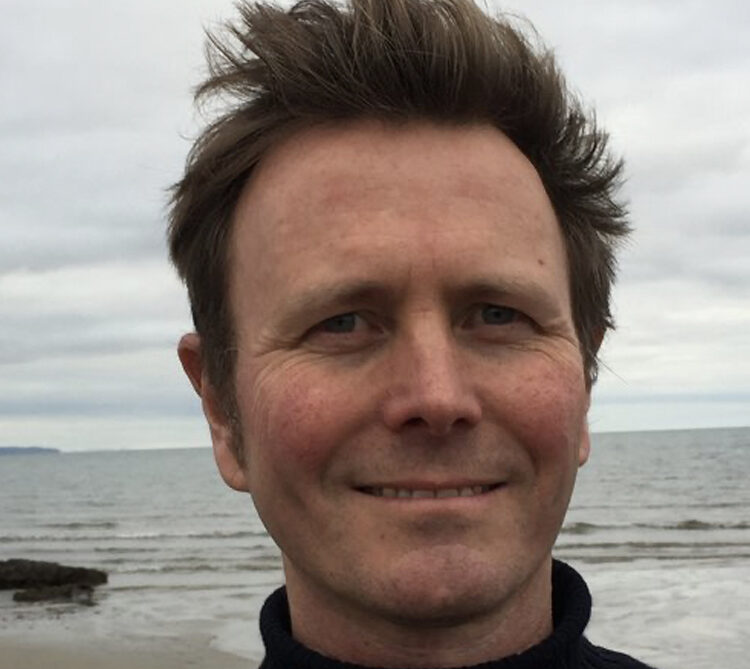
Hugh Castle
Director of Education
I’m delighted to join the team. I have seen the benefits of the Parallel Histories approach in schools in many settings and aim to use this experience to increase opportunities for teachers and their students.
As a history teacher in the state sector, I experienced the power of Parallel Histories as an innovation for teachers wishing to tackle controversial historical topics in the classroom. I also saw the transformative effect Parallel Histories has on student engagement.
By learning how history is constructed, students gain a deeper understanding of how rich and real the past is and the role it can play in today’s conflicts. Students learn to question assumptions, to self-reflect and to understand why some communities, sometimes including their own, have struggled and continue to struggle to co-exist.In 32 years of teaching history, 22 as a Head of Department, Parallel Histories was the standout innovation in history teaching.
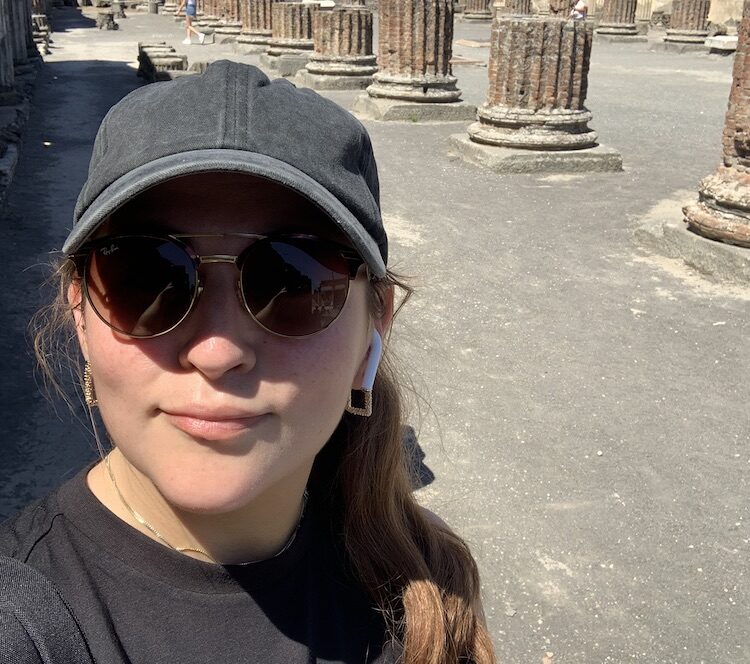
Meredith Cann
Director of Programmes
My journey with Parallel Histories started in 2020 as a history teacher working in East London. I fell in love with the charity through delivering the Israel/Palestine scheme of work, and through the fantastic debate opportunities they presented for students. Three years later, and I have joined the team to become part of what I think is an amazing and meaningful cause.
I studied History and Politics at the University of Sheffield and went on to train as a teacher in London. I simply love history. I am a particular fan of the medieval period, but really can get swept up in any history at all. I feel very passionately about contested, controversial and neglected histories, and the dual narrative approach at the centre of Parallel Histories is what really pulled me into the heart of this work. I love writing, especially educational resources, and spend most of my spare time either reading or working on something myself.
I think it is easy to underestimate the power learning about conflicts has in preventing them in the future, and the huge importance in promoting non-judgemental approaches to deconstructing historical narratives. In my experience young people are perhaps the most willing to take on new viewpoints and arguments and show great ability to understand why certain histories are contested. That is why I know the work here at Parallel Histories is having real impact, and why I am so excited to be part of that process.
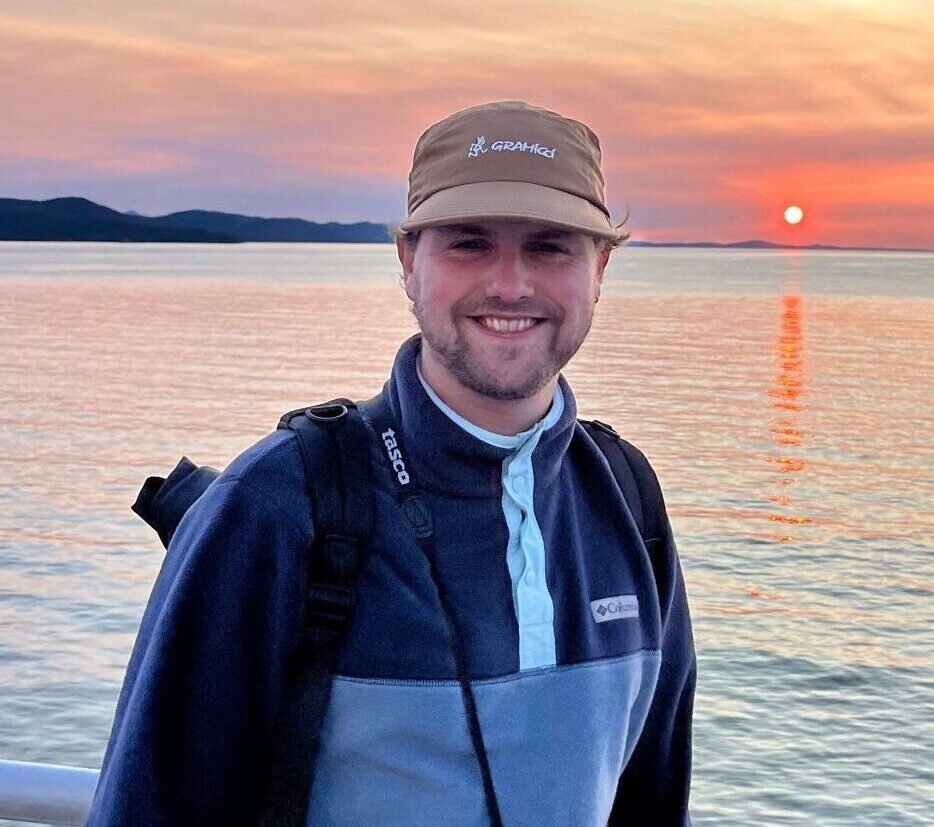
Callum Male
Head of Fundraising

Tim Leadbeater
Content Researcher
I have been drawn to Parallel Histories by the boldness of the strategy, the transparency of the pedagogy and the enthusiasm of students.
I am the author of four textbooks, including Islamic Empires 650-1650 (KS3) and Indian Independence 1914-1964 (Access to History, A Level).
My teaching career began in Bradford secondary schools. I became a PGCE tutor at Leeds Trinity University and, subsequently, Director of Learning and Teaching. I retired as a senior manager of the university.
